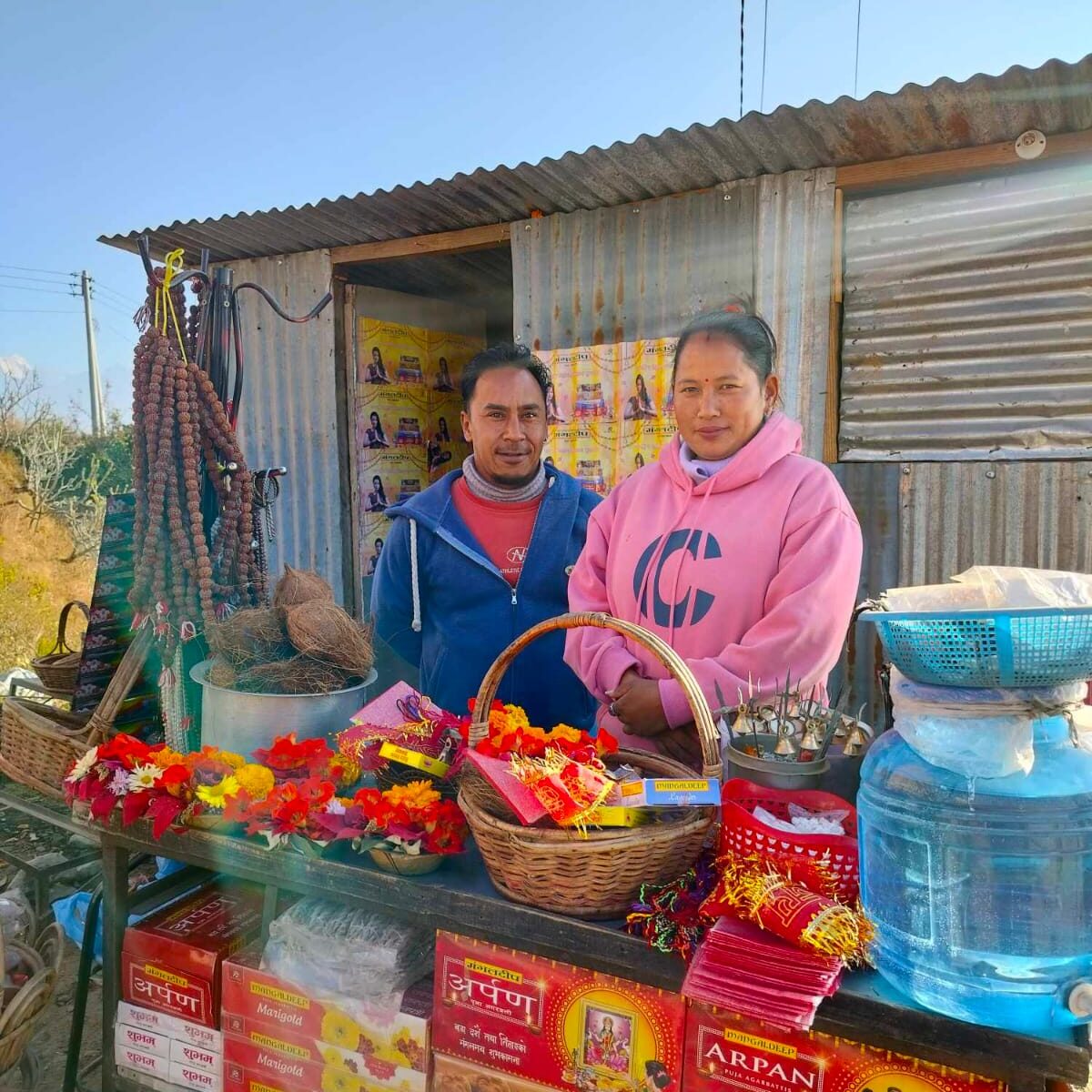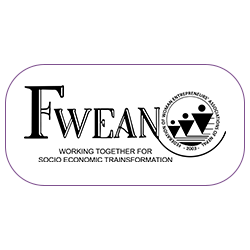
- 16
- Jun
From Struggle to Triumph: The Heartwarming Story of Ms. Rina Kumari Gaha’s Journey to Enhancing Livelihood
Jun 16, 2024Ms. Rima Kumari Gaha resides in the Dolakha district’s Bhimeshwor Municipality-2. She is thirty-one years old and resides in Bhimeshwor with her spouse, their daughter, and son. Her home hamlet is close to the school where her two kids attend. Even though Rima has a business selling offerings for worship, such as flowers, coconuts, incense, and other items, close to the Bhimeshwor temple, the money she makes there might not be enough to cover her children’s schooling costs as well as family expenses. She desired to start a floriculture side business that would complement her current enterprise. Due to a shortage of flowers during the off-season, which ran from November to mid-July, she used to demand flowers from Kathmandu and other places, but she was unable to profitably from her business because of the high cost of logistics, the poor quality of the flowers, and the length of the delivery period.
Rima once visited with the head of the Dolakha WEAN chapter and expressed her desire to receive training in floriculture. With funding from USAID’s Tayar Nepal, the Federation of Woman Entrepreneurs Associations of Nepal (FWEAN) intended to hold a floriculture training in Bhimeshwor Municipality. The president apprised her of this. She added that “I believed that if I had the chance to take part in the vocational floriculture program, it would help me to meet the demand for flowers during the off-season as well. I then asked the ward chairperson and the WEAN Chapter Dolakha to choose me to be a participant in the training. After that, I talked to my spouse about the training, and he promised to support me and agreed with my thoughts.”
Rima once visited with the head of the Dolakha WEAN chapter and expressed her desire to receive training in floriculture. With funding from USAID’s Tayar Nepal, the Federation of Woman Entrepreneurs Associations of Nepal (FWEAN) intended to hold a floriculture training in Bhimeshwor Municipality. The president apprised her of this. She went on, “I believed that if I had the chance to take part in the vocational floriculture program, it would help me to meet the demand for flowers during the off-season as well. I then asked the ward chairperson and the WEAN Chapter Dolakha to choose me to be a participant in the training. After that, I talked to my spouse about the training, and he promised to support me and agreed with my thoughts.”
After that, she regularly attended 15 days of floriculture training, where she was taught about orchids as well as other valuable flowers, including marigolds, roses, and other cut flowers. Further, the resource person demonstrated the marigold nursery, imparting both theoretical and practical information. She started small-scale floriculture farming during the second training period, when she selected 100 marigold saplings from the nursery and planted them close to the house. In addition to the training, she took part in an FWEAN-organized exposure visit. She went to and studied the many floriculture nurseries, where she saw gerberas, carnations, orchids, and cymbidiums, among other plants. She also saw two floriculture exhibitions and commercial floriculture cultivation during the exposure visit. In addition to learning about floriculture farming, she also learned about disaster risk reduction and management, business continuity planning before, during, and after disasters, and how to create effective business strategies to succeed in business.
With the help of the ideas, knowledge, and skills gained by the training she expanded her business in support of her husband and the increasing trend of business also attracted her husband to support her business. She shares her experience and says “I sell the worship materials including flowers more than amounting to NPR 90,000/- per month (NPR 3,000 every day) and make NPR 30,000 in net profit every month. It is the result of participating in floriculture training as well as farming flowers and increasing the sales of flower products. I hope the volume of sales and profit will increase in the future and we will be able to collect savings maintaining the household expenses and school fees for the children. Now, we have a plan to lease land for a commercial floriculture business near the village. After the increment in her transaction and profit margin, her husband is helping her to continue and expand the business volume, it is a huge success in my life.” She thanked the project team, FWEAN, and USAID’s Tayar Nepal for providing the training.
Rima’s success highlights the significance of vocational training and support programs in rural areas, empowering individuals like her to enhance their livelihoods, expand their businesses, and contribute positively to their communities.

